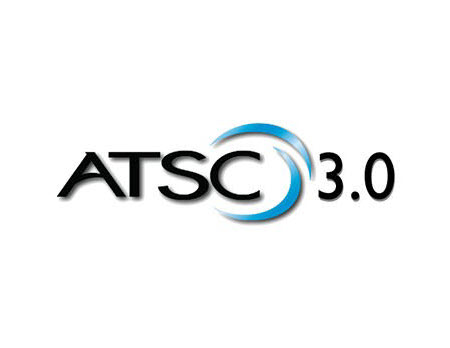NAB 2016: FCC to Put ATSC Petition out for Comment by Month's End
The smarter way to stay on top of the multichannel video marketplace. Sign up below.
You are now subscribed
Your newsletter sign-up was successful

FCC chairman Tom Wheeler said he plans to put broadcasters' ATSC 3.0 petition out for public comment by the end of this month and will put out the spectrum auction band plan and clearing targets by the end of the month as well.
Those were the lead lines from an interview with Marci Burdick, NAB executive committee member and former TV board chair, at the NAB convention in Las Vegas Wednesday (April 20).
The pledge on the ATSC petition drew applause and Burdick's response that that was "great news."
Broadcasters have asked the FCC to allow them to roll out the advanced transmission standard voluntarily on a market-by-market basis, saying that
Wheeler said the FCC needed to move with dispatch on the proposal.
The chairman said the key to the FCC's vacant channel decision is what happens with the band clearing plan. He said there could be an "inconvenient" outcome, but that would be determined by how much spectrum is being used.
He said that question will be answered in realities rather than hypotheticals. Asked if that meant the FCC would wait until the repacking is done, Wheeler said no, but that it would depend on what the aftermarket would look like.
The smarter way to stay on top of the multichannel video marketplace. Sign up below.
Burdick said the overhang worry is about LPTV stations and translators, which have helped diversify industry voices. Wheeler said he heard her point, but that it would be same issue with ASTC 3.0.
He said that in both cases, the FCC needed to figure out the reality is, not the hypotheticals. He said there will have to be a new discussion about the impact of 3.0 on LPTVs, an issue those stations have already raised.
Asked about his telling a congressional appropriations committee that all stations might have to be repacked, Wheeler said it was conceivable, but that was another of those hypotheticals.
Wheeler said again that if the $1.75 billion auction fund is not enough, he will go back to Congress for more, and if 39 months is not enough, the FCC will deal with the specific circumstance, but did not rule out a blanket rule as well as a waiver approach.
Asked about retransmission consent review of good faith negotiations, he said the FCC was "managing toward" resolution of that by the end of the year.
He said he would not prejudge any issues, but said good faith was put in for the purpose of saying good people can come together and avoid consumer harm, but there seems to be an increase in disputes, which cause consumer harm.
He said carriage agreements "writ large" are the issue.
Wheeler said that where the Internet has fallen down is on "ultra local" content, and said that was a place that broadcasters "own," adding "thank goodness."
Asked for what advice he would give broadcasters from a consumer perspective, Wheeler said that physics is easy, but policy is hard. He gave kudos for 3.0 and how it was "pulled of technically." But the question is, now the impact on the market and consumers must be looked at. Are there enough channels post-auction. How do we deal with Aunt Minnie's old TV set, how do we deal with LPTV. That is what he means by finding the common good, he said. Hurray for the broadcast community.
Wheeler reiterated that there would be a media ownership proposal on the floor by June, but would not elaborate.
Asked why there had not been meaningful change in ownership, he said Wheeler had tried to do so, but the votes have been difficult to come by. He also said it will be a different world post-auction.
Contributing editor John Eggerton has been an editor and/or writer on media regulation, legislation and policy for over four decades, including covering the FCC, FTC, Congress, the major media trade associations, and the federal courts. In addition to Multichannel News and Broadcasting + Cable, his work has appeared in Radio World, TV Technology, TV Fax, This Week in Consumer Electronics, Variety and the Encyclopedia Britannica.

